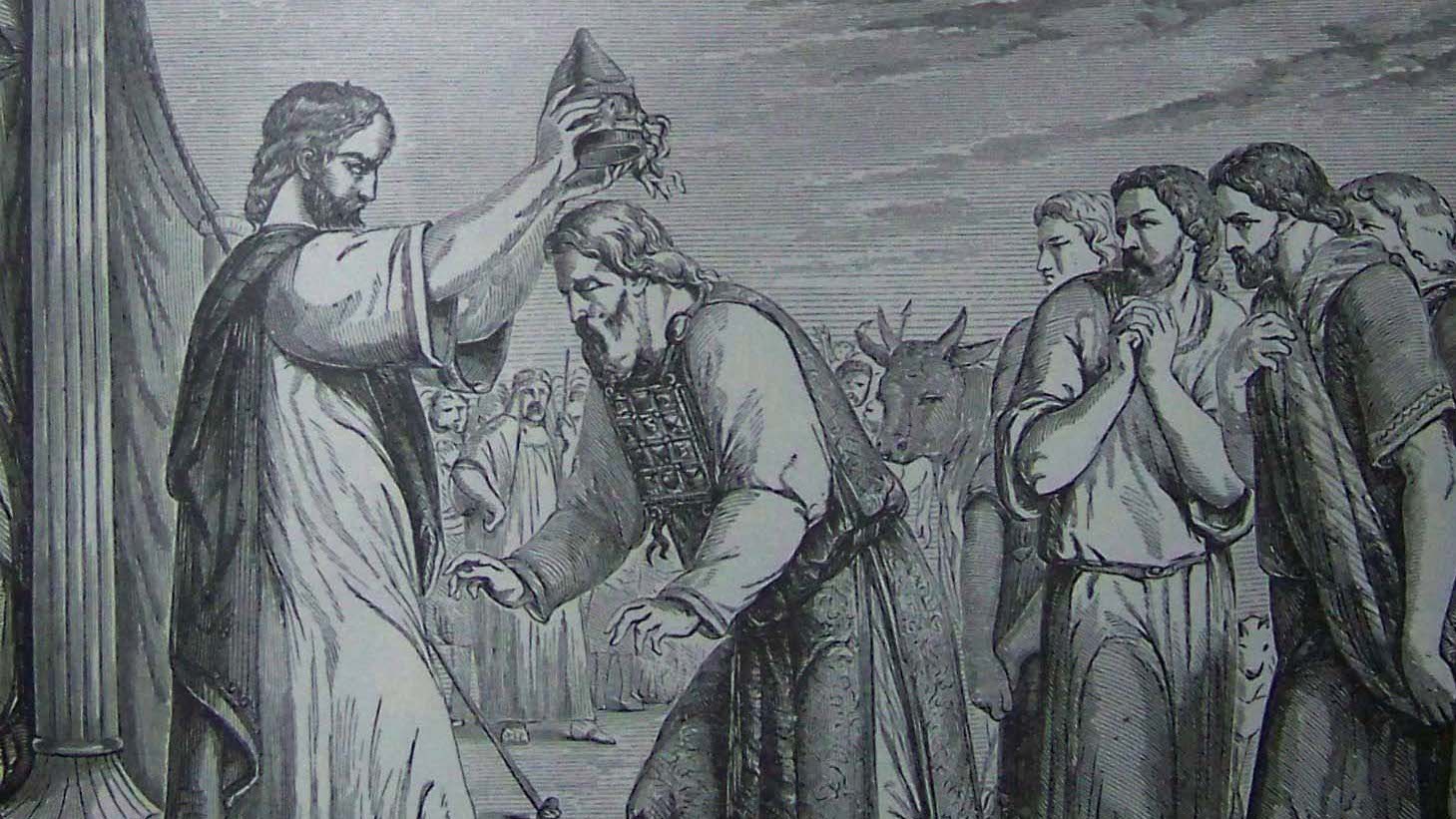
When we reflect on the monumental event of the **Exodus** and the arduous journey undertaken by the Israelites, one name frequently emerges as particularly significant: **Aaron**. But who exactly was Aaron, and what was his true impact on this pivotal moment in history? To fully appreciate his contributions, we must delve deeper into his life and explore his essential role within the **Israelite priesthood** and the broader **Exodus** narrative. Aaron was not just the brother of Moses; he served as the first high priest, a vital spiritual leader who helped guide the Israelites through their trials and tribulations. His actions and decisions were instrumental in shaping the religious practices of the Israelites and establishing a connection between them and their God during their transformative journey from slavery to freedom. By examining Aaron’s life, we can gain a richer understanding of the complexities of the Exodus story and the foundational elements of Israelite identity.
Who Was Aaron?
:max_bytes(150000):strip_icc()/Moses-and-Aaron-58b5ce0b5f9b586046cf9525.jpg)
Aaron, the son of Amram and Jochebed, was born into the esteemed tribe of Levi, a lineage that held significant religious and cultural importance among the Israelites. As the elder brother of Moses, Aaron was three years his senior and played an indispensable role in the liberation of the Israelites from the oppressive grip of Egyptian bondage. However, it is essential to recognize that Aaron was not merely a supporting character in his brother’s narrative; he emerged as a formidable leader in his own right, contributing significantly to the events that unfolded during this pivotal period in history.
### The Early Years of Aaron
Aaron’s formative years were spent in a time of profound oppression, where he witnessed firsthand the struggles and suffering of his people. Growing up amidst the harsh realities of slavery, he developed a deep sense of empathy and resilience, qualities that would later define his leadership style. The trials faced by the Israelites during his childhood profoundly shaped his character, instilling in him a sense of purpose and a commitment to fight for the freedom of his people.
#### The Call to Leadership
When the momentous call came for Moses to lead the Israelites out of Egypt, he found himself grappling with self-doubt and hesitation. It was during this critical juncture that Aaron stepped forward, taking on the vital role of his brother’s spokesperson. Armed with his eloquence and persuasive abilities, Aaron effectively communicated with Pharaoh, navigating the complexities of high-stakes negotiations. Picture the tension of such a scenario, where the fate of an entire nation hangs in the balance, and it is Aaron who stands confidently, articulating the demands of his people while Moses supports him from the sidelines. This dynamic exemplifies Aaron’s crucial contribution to the liberation movement, showcasing his leadership qualities and unwavering commitment to the cause.
The Exodus: A Journey of Faith
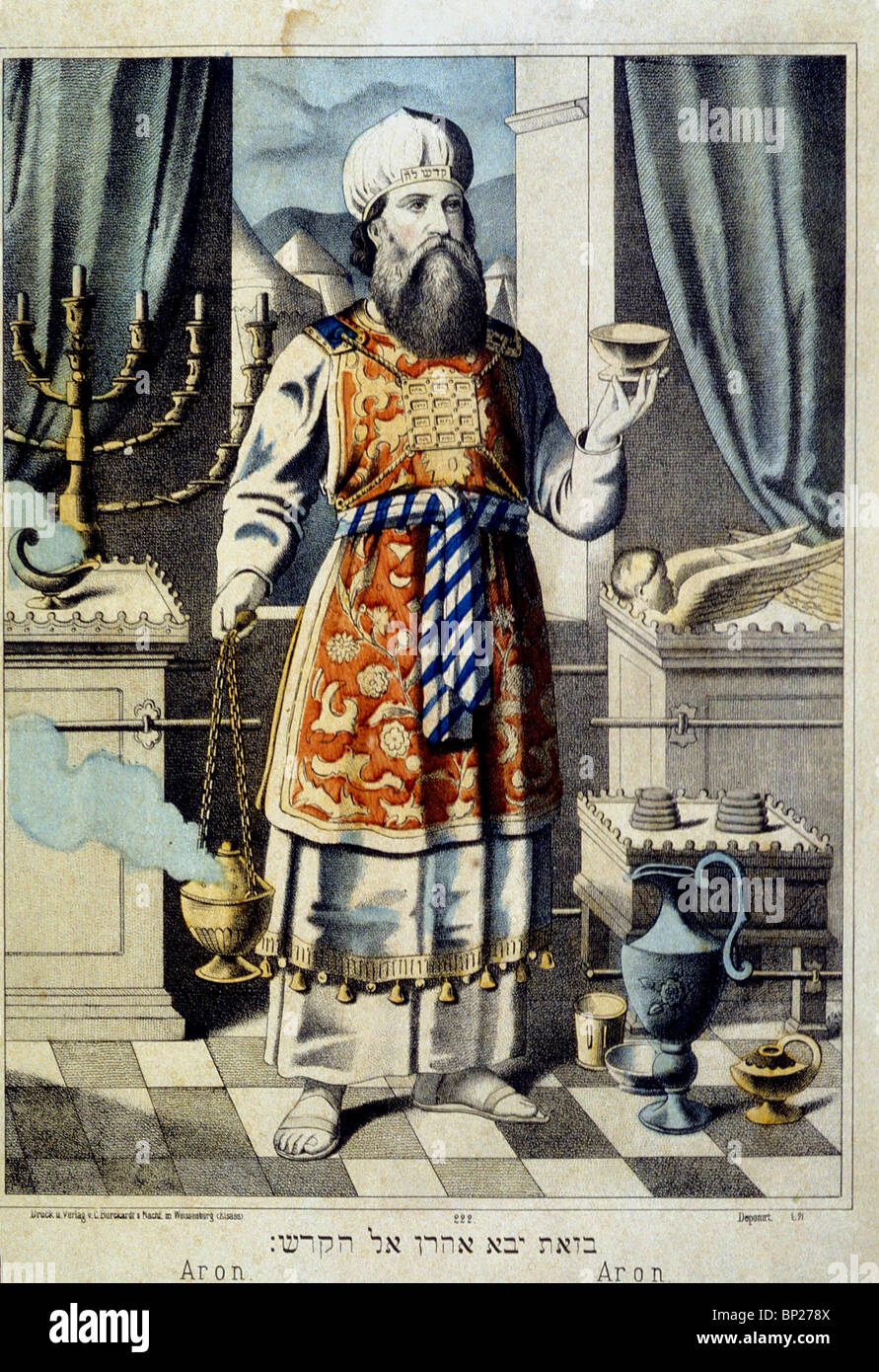
The **Exodus** stands as one of the most pivotal events chronicled in the Bible, marking a profound moment in the history of the Israelites. At the forefront of this monumental journey were Moses and his brother Aaron, who stood shoulder to shoulder as they faced the formidable Pharaoh of Egypt. Their mission was clear: to demand the liberation of the Israelite people from generations of slavery. However, the path to freedom was fraught with challenges and divine interventions that shaped their journey in ways they could not have anticipated.
Confronting Pharaoh
Armed with his **magic rod**, Aaron played a crucial role in this epic confrontation. He performed a series of miraculous acts that served to illustrate the immense power of **YHWH**, the God of Israel. From transforming the waters of the Nile into blood to unleashing a series of devastating plagues upon the land, Aaron’s actions were nothing short of extraordinary. It was as if he were a magician engaged in a high-stakes battle, using divine signs to compel Pharaoh to heed their demands.
The Passover Ordinance
After much resistance, Pharaoh ultimately conceded to their requests, but it was Aaron who received the sacred instructions for the **Passover** from God. This pivotal moment led to the establishment of an annual ritual that would become a cornerstone of Jewish faith and identity. The Passover serves as a powerful reminder for generations of the Israelites, symbolizing their liberation from bondage and their enduring covenant with God. Through these events, Aaron’s role was not only as a spokesperson for Moses but also as a key figure in the spiritual and cultural legacy of the Jewish people.
The Role of Aaron in the Priesthood
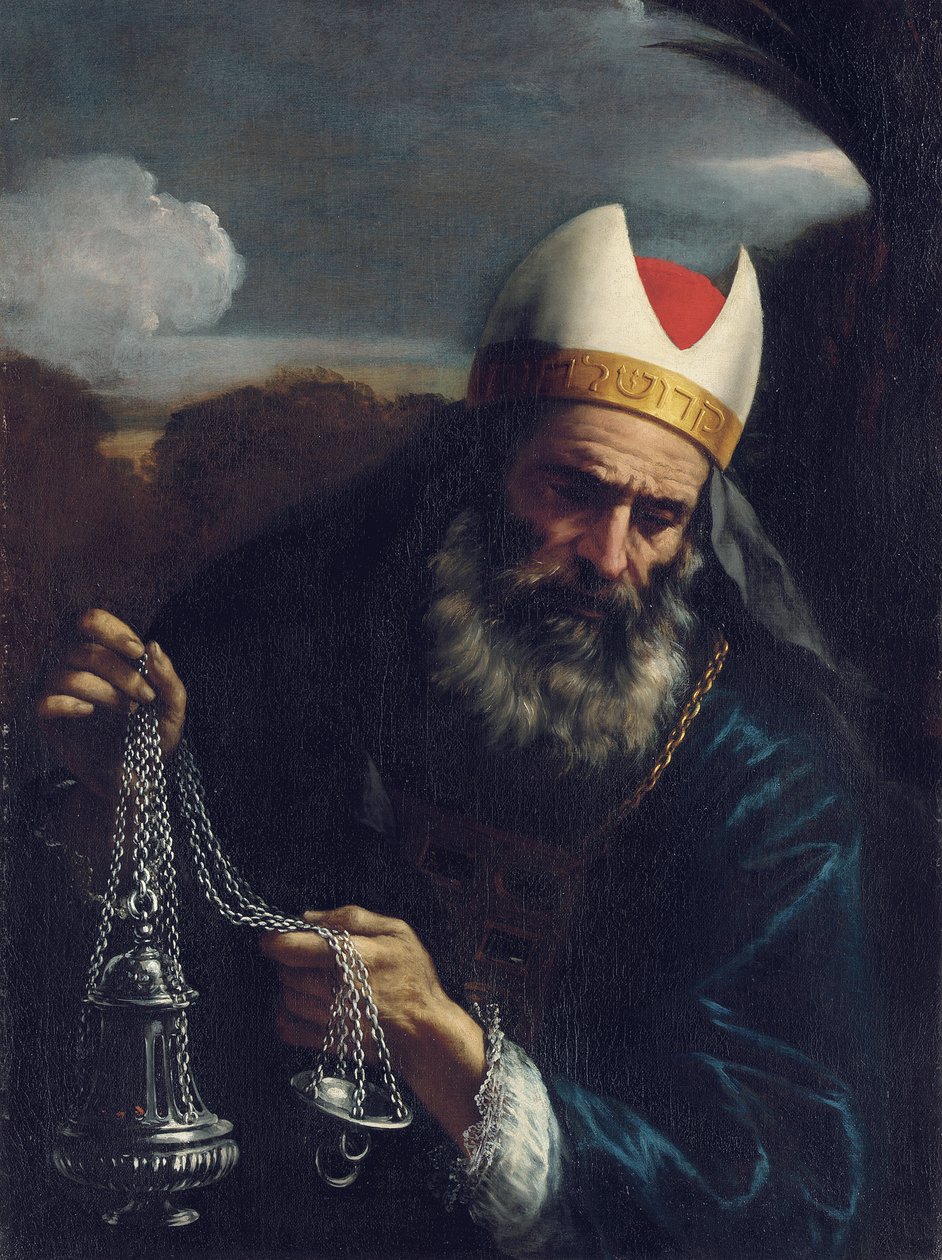
As the Israelites journeyed through the vast and challenging terrain of the desert, the role of Aaron underwent a significant transformation. He was no longer merely a leader among his people; he ascended to the esteemed position of the **high priest**. This elevation carried profound implications, but what exactly did it entail?
The Anointing of Aaron
In a momentous ceremony, Moses performed the sacred act of anointing Aaron along with his sons, thereby designating them as the inaugural priests of Israel. This act was far more than a mere ritual; it represented a divine appointment that laid the groundwork for what would become the **Levitical priesthood**. This priestly lineage was crucial for the spiritual leadership of the Israelites, establishing a framework for worship and sacrifice that would endure through generations.
Responsibilities of the High Priest
As the high priest, Aaron bore the weighty responsibility of entering the **Holy of Holies** once a year during the solemn observance of **Yom Kippur**, the Day of Atonement. This sacred space was considered the most hallowed area within the Tabernacle, where the presence of God dwelled. During this pivotal occasion, Aaron was tasked with offering sacrifices to atone for the sins of the entire community. The gravity of this duty was immense, as it required not only meticulous preparation but also a deep sense of accountability for the spiritual well-being of the people. The pressure of such a role was immense, as the fate of the nation rested on his shoulders during this sacred act of intercession.
Challenges and Controversies
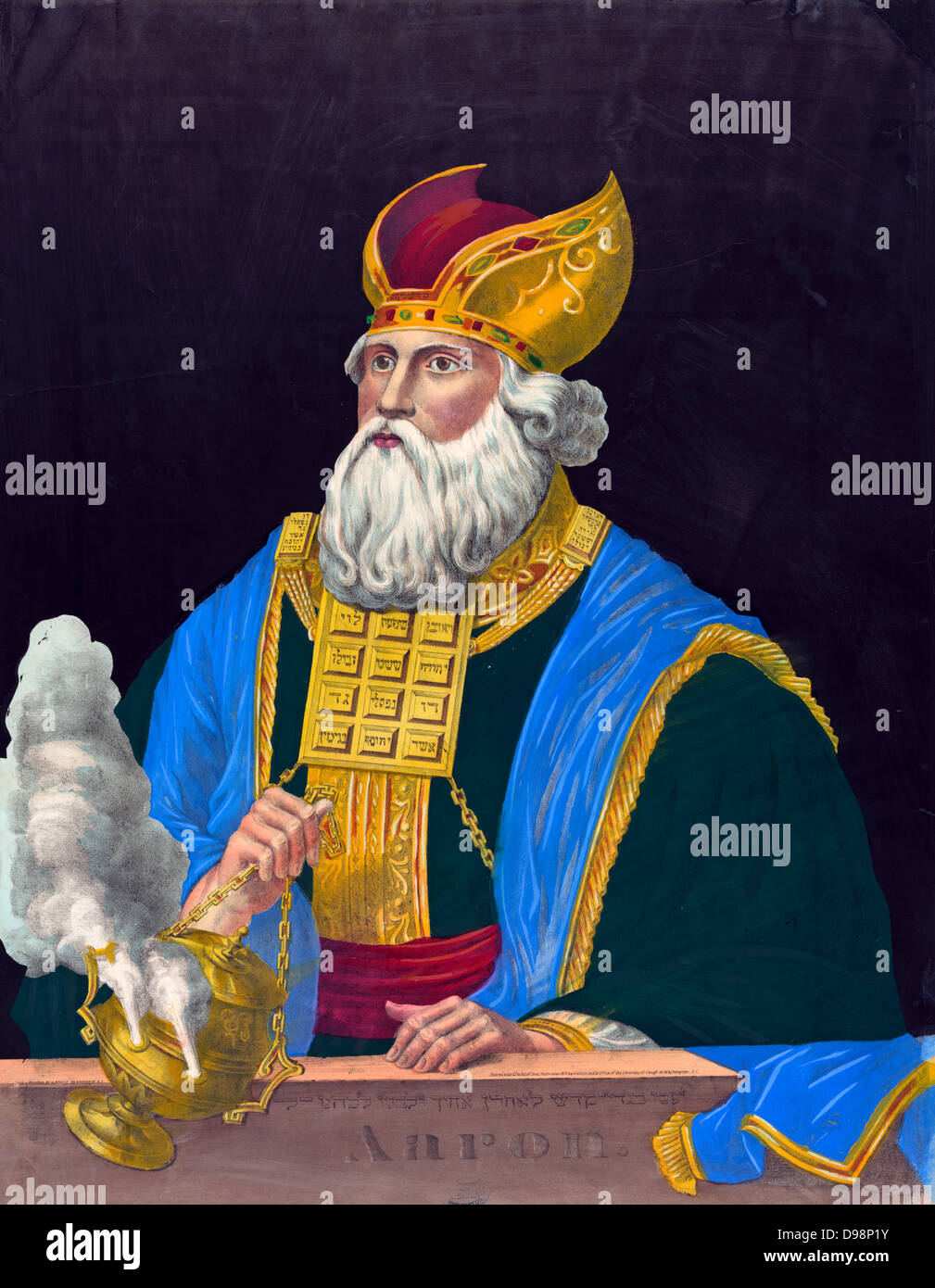
Despite his elevated status, Aaron was not without flaws. His story is a mix of triumphs and failures, which makes him relatable.
The Golden Calf Incident
One of the most infamous moments in Aaron’s life was the creation of the **golden calf**. While Moses was on Mount Sinai, Aaron succumbed to the people’s demands and crafted an idol. This act of disobedience led to severe consequences. It’s a classic case of peer pressure, isn’t it?
Repercussions and Redemption
While Aaron faced repercussions for his actions, he was not completely condemned. This incident highlights the complexity of human nature and the possibility of redemption.
Aaron’s Legacy
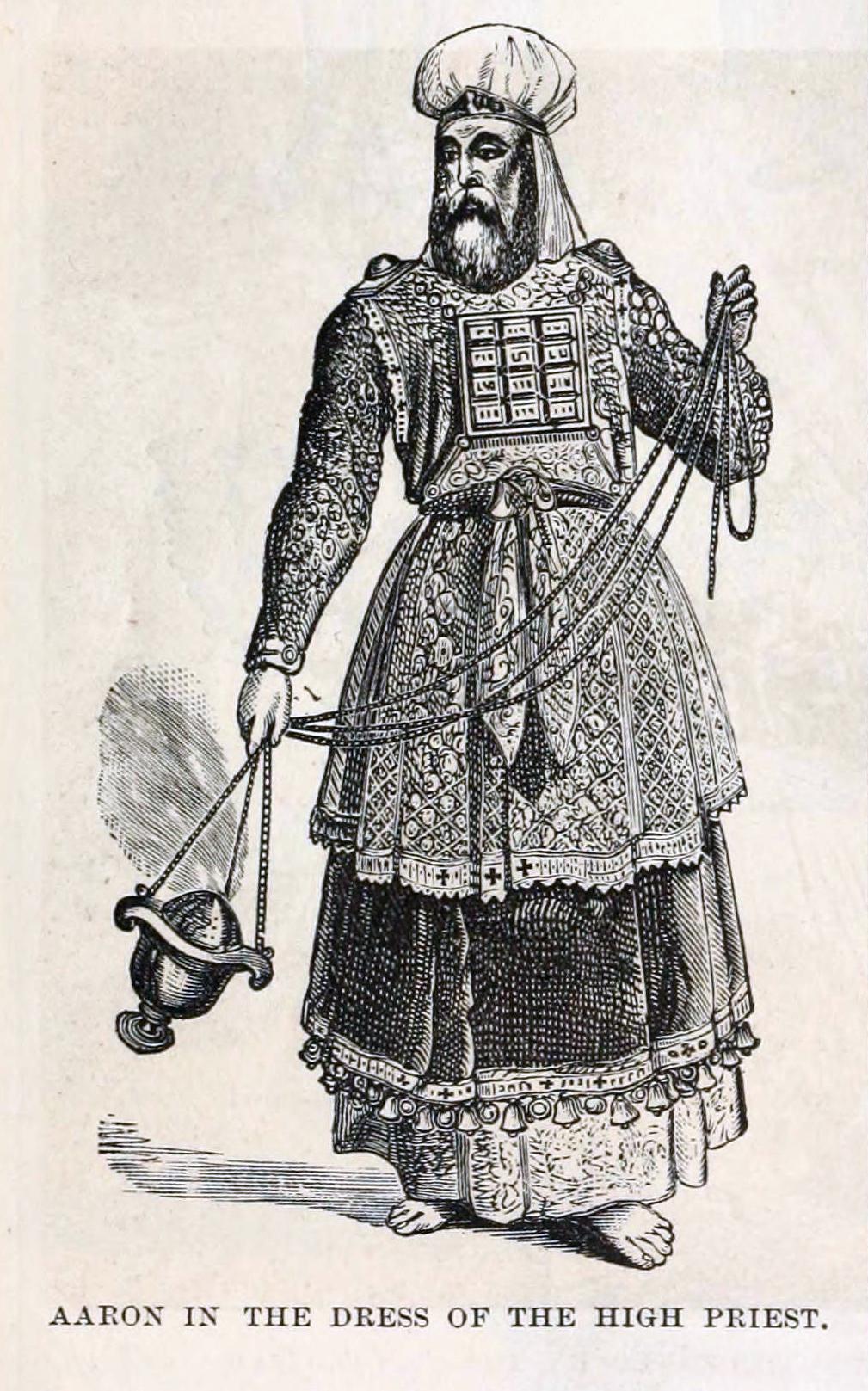
So, what can we learn from Aaron’s life? His story is rich with lessons about leadership, faith, and the human condition.
The Balance of Leadership
Aaron’s relationship with Moses teaches us about the importance of collaboration. Leadership isn’t about being the sole hero; it’s about working together for a common goal.
Faith Amidst Failure
Even in his failures, Aaron’s faith remained steadfast. His story encourages us to embrace our imperfections and seek forgiveness.

Aaron’s life is a tapestry woven with threads of faith, leadership, and human frailty. His legacy continues to influence the **Jewish faith** and the understanding of **priesthood**. As we reflect on his journey, we are reminded that even the greatest leaders have their struggles.
| Aspect | Aaron | Moses |
|---|---|---|
| Role | High Priest | Leader of the Exodus |
| Key Actions | Confronting Pharaoh, Golden Calf Incident | Parting the Red Sea, Receiving the Ten Commandments |
| Legacy | Establishment of the Priesthood | Lawgiver and Prophet |
In the end, Aaron’s life is a reminder that our journeys are filled with both triumphs and challenges. It’s how we navigate these experiences that truly defines us.

